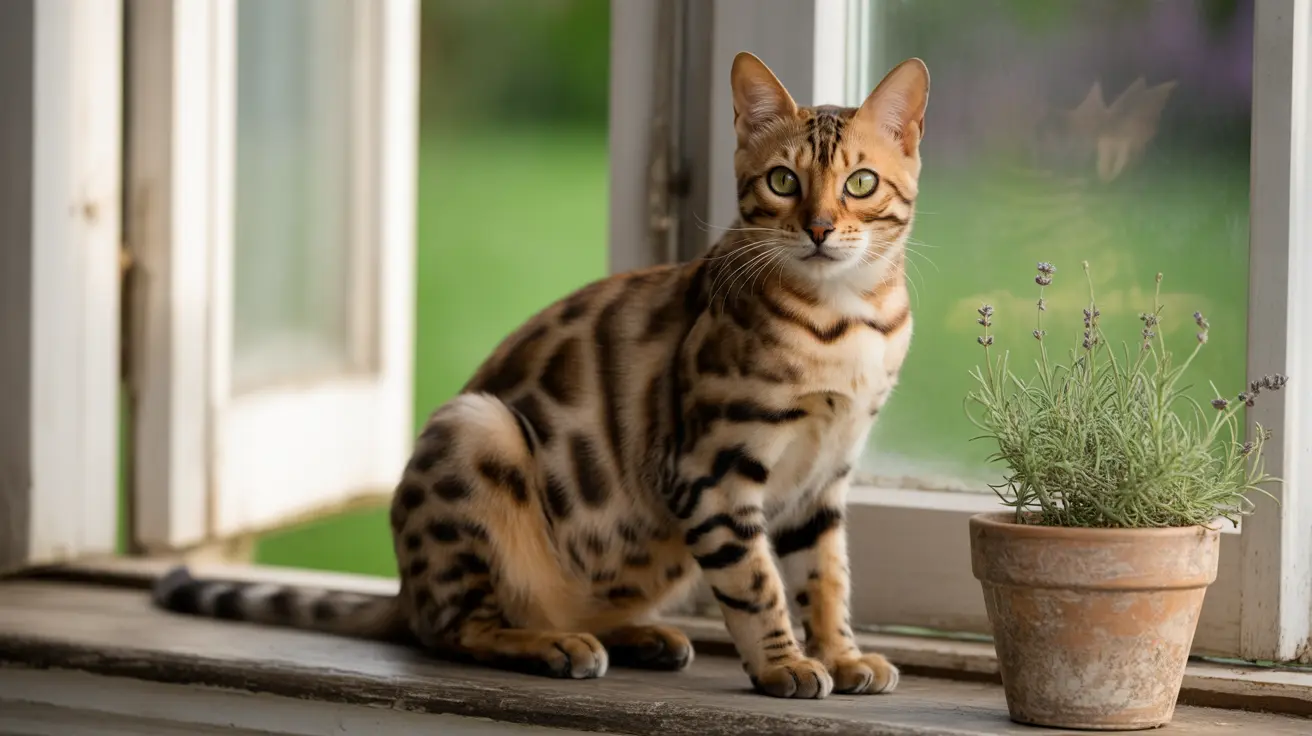When it comes to choosing the perfect pet companion, the age-old debate between cats and dogs continues to spark passionate discussions. While both animals make wonderful pets, cats offer distinct advantages that make them particularly appealing to modern pet owners. Let's explore the compelling reasons why cats are better than dogs for many households.
The Low-Maintenance Advantage
One of the most significant benefits of cat ownership is their self-sufficient nature. Cats are meticulous self-groomers, spending hours each day maintaining their cleanliness without requiring frequent baths or professional grooming services. Their natural instinct to use a litter box eliminates the need for multiple daily walks, making them ideal pets for busy professionals or those with limited mobility.
Daily maintenance for cats typically involves simple tasks like scooping the litter box and providing fresh food and water. Unlike dogs, who need regular walks regardless of weather conditions or their owner's schedule, cats can effectively exercise indoors through play and natural exploration.
Space-Efficient and Cost-Effective Companions
Cats excel at adapting to smaller living spaces, making them perfect for apartment dwellers or those with limited square footage. Their vertical nature means they can make use of wall-mounted perches and cat trees, effectively utilizing vertical space that would otherwise go unused.
The financial benefits of choosing a cat over a dog are substantial. From lower adoption fees to reduced everyday expenses, cats generally cost less over their lifetime. There's no need for professional dog walkers, expensive training classes, or costly boarding facilities when traveling.
Independent Living Without Separation Anxiety
Perhaps one of the most appealing aspects of cats is their ability to maintain emotional well-being even when left alone for extended periods. Unlike dogs, who often suffer from separation anxiety, cats naturally appreciate solitude and can happily entertain themselves for hours.
This independence doesn't mean cats are unaffectionate - they simply express their love differently. Many cat owners appreciate that their pets can alternate between seeking attention and entertaining themselves, creating a balanced relationship that doesn't demand constant interaction.
The Subtle Art of Feline Companionship
Cats offer a unique form of companionship that many find more sophisticated and nuanced than the exuberant affection of dogs. Their ability to form strong bonds while maintaining their independence creates a relationship that many owners find deeply satisfying. Cats can be loving and attentive without being overly demanding, making them excellent companions for those who appreciate a more measured approach to pet relationships.
Frequently Asked Questions
Why are cats considered better pets for people with busy lifestyles or small homes?
Cats are ideal for busy individuals and small homes because they don't require walks, can use a litter box indoors, and are comfortable in confined spaces. Their independent nature means they can handle being alone during long workdays without developing behavioral issues.
How do the care and maintenance needs of cats compare to those of dogs for first-time pet owners?
Cats require significantly less maintenance than dogs. They're self-grooming, don't need outdoor walks, and can be left alone for longer periods. First-time pet owners often find cats easier to care for as they don't require formal training or constant supervision.
What are the key personality and behavioral differences between cats and dogs, and how should they influence my choice of pet?
Cats are generally more independent and self-sufficient, while dogs require more attention and social interaction. Choose a cat if you prefer a pet that's affectionate but not needy, and a dog if you want a more socially dependent companion that requires regular training and exercise.
Are cats really more independent and less needy than dogs when left alone for long hours?
Yes, cats are naturally more independent and better adapted to solitude. They don't typically develop separation anxiety and can maintain their emotional well-being with less direct human interaction compared to dogs.
How do the long-term costs and daily routines of owning a cat differ from those of owning a dog?
Cat ownership typically involves lower costs for food, supplies, and care services. Daily routines are simpler, without the need for scheduled walks or extensive training. Long-term expenses are generally lower due to fewer veterinary needs and no requirements for professional services like dog walking or training.






